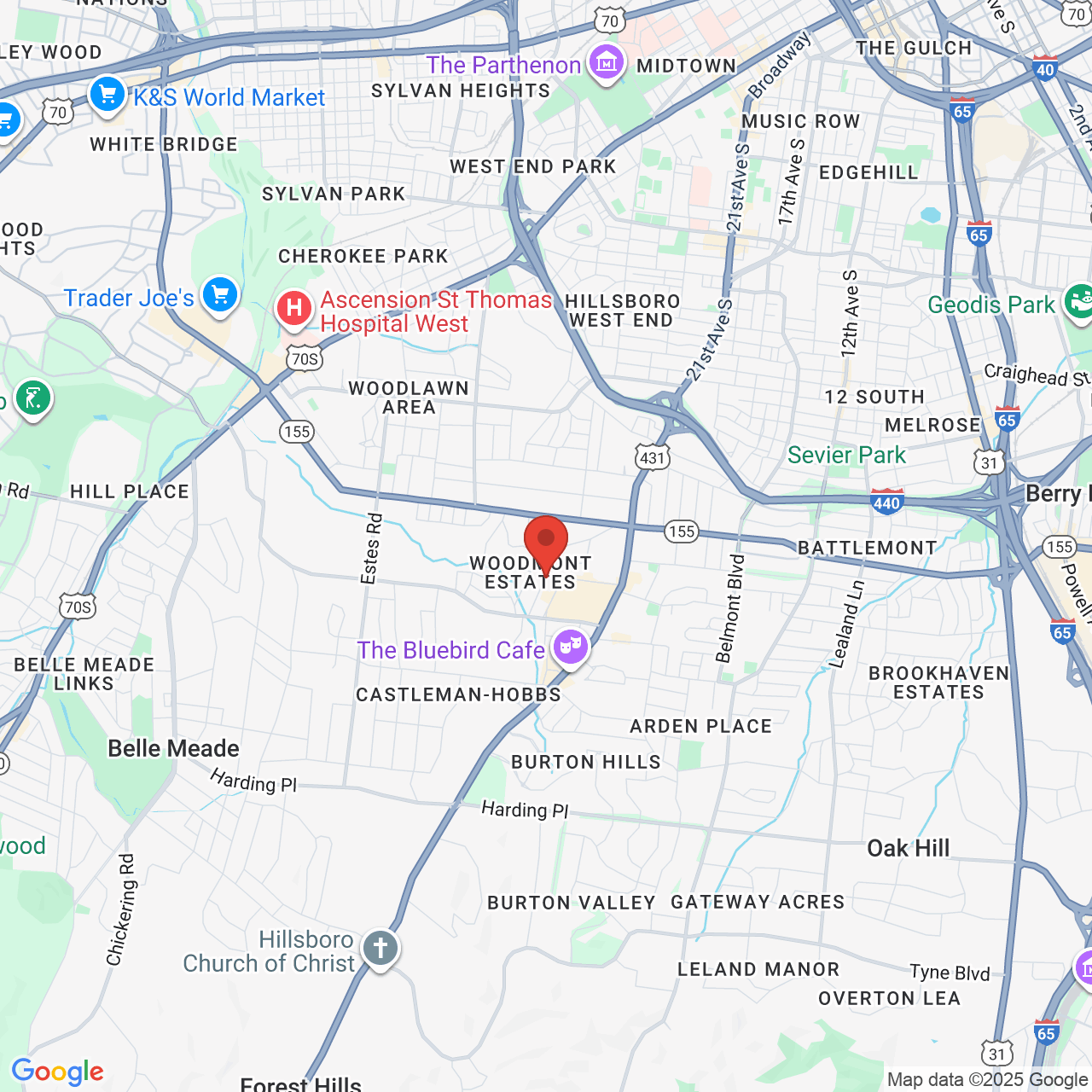The Dangers of Tooth Grinding
Grinding Your Teeth
When you unconsciously clench your jaws and grind your teeth together, it’s often due to a moment of anxiety or stress. When you do it habitually, however, it’s a dental condition known as bruxism, and if left untreated, the habit can wear down or irreversibly damage your teeth. Though it can sometimes occur during the day, bruxism usually strikes at night, when you’re asleep and unable to stop it.Your sleeping partner may hear you grinding and bring it to your attention, or your dentist might notice signs of bruxism during your routine dental exam. Either way, experienced cosmetic dentist, Dr. Clint Newman, can help prevent harmful tooth grinding at our Nashville office with an appropriate bruxism treatment.
Why Do You Grind Your Teeth?
Bruxism is a well-known phenomenon in the world of dental health, but experts remain unclear on the exact, definitive causes of habitual teeth-grinding. Researchers believe one of the most significant factors, though, is excessive stress - another common occurrence in today’s society. Other factors known to increase the risk of bruxism include malocclusion (crooked teeth) and similar dental issues that cause an imbalance in your bite. As your jaw shifts trying to keep your bite straight or find a more comfortable position, your teeth can rub and grind against each other.Extensive Damage from Untreated Bruxism
Adult teeth are meant to last for life (that’s why we only grow one set) and are designed to optimize their own chances of survival. For instance, the semi-translucent layer that surrounds your teeth, called enamel, consists of the most resilient substance your body produces. While highly-effective at absorbing the pressures from biting and chewing, teeth and their enamel aren’t meant to withstand the consistent stress and friction created by bruxism. As a result, untreated teeth grinding can lead to a host of dental troubles, such as;- Worn down teeth, especially along the chewing surfaces
- Cracked, fractured, or broken teeth
- Increasing tooth sensitivity as enamel wears down, or teeth become damaged
- Exhausted, damaged, or misaligned jaw joints resulting from undue jaw pressure (TMJ disorder)
- Chronic headaches and migraines, especially after waking in the morning
- Frequent earaches due to repeated jaw-muscle contractions
- Damage to your tongue and the insides of your cheeks from the constant chewing motions




